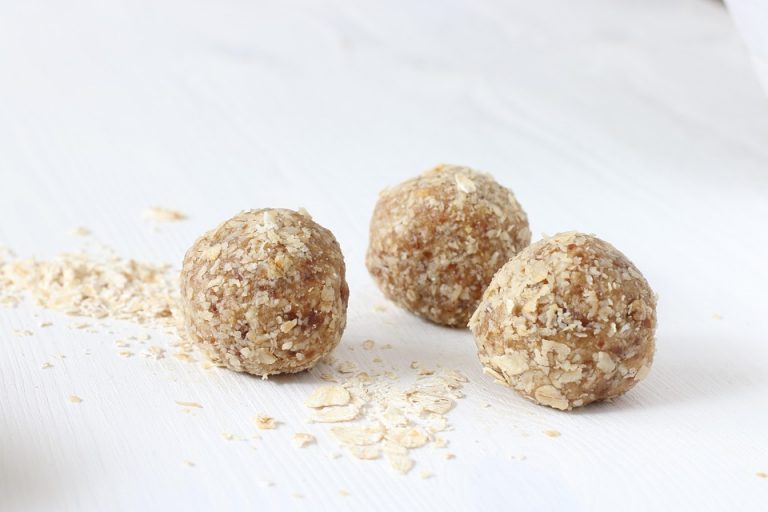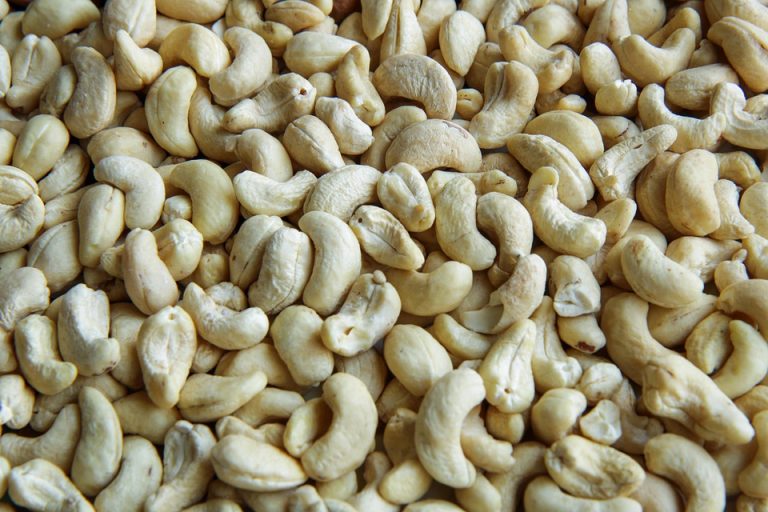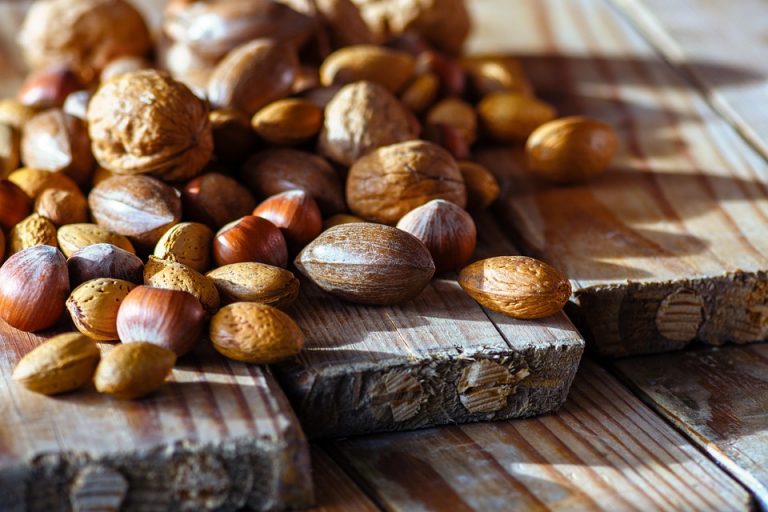Bloating can feel like an unwanted guest at your dinner party—uninvited and uncomfortable. If you’re tired of that puffy feeling and want to know how to banish bloating naturally and effectively, you’re in the right place.
Bloating is more than just a physical sensation; it can affect your mood, confidence, and overall quality of life. It’s time to take charge of your digestive health with some delicious food choices. Let’s dive into seven foods that can help you feel lighter and more vibrant.
Contents
Understanding Bloating
Bloating occurs when your gastrointestinal tract fills with air or gas. It can be caused by a variety of factors, including diet, stress, and even hormonal changes. The feeling can range from mildly annoying to downright painful. Understanding what triggers your bloating is essential, but incorporating the right foods into your diet is a powerful way to combat it.
1. Ginger: The Digestive Dynamo
Ginger is a superstar in the world of digestive health. This root has been used for centuries to alleviate nausea and promote digestion.
Why Ginger Works
- Anti-inflammatory properties: Ginger helps reduce inflammation in the gut, which can be a culprit in bloating.
- Stimulates digestion: It encourages the production of digestive enzymes, making it easier for your body to break down food.
How to Use Ginger
- Tea: Brew fresh ginger in hot water for a soothing tea.
- Smoothies: Add a small piece of ginger to your morning smoothie.
- Cooking: Use it in stir-fries or soups for an extra kick.
2. Peppermint: The Cooling Comfort
Peppermint is more than just a refreshing flavor; it’s a digestive aid that can help relax your gastrointestinal muscles.
Benefits of Peppermint
- Antispasmodic properties: It can relieve gas and bloating by calming the digestive tract.
- Freshens breath: Plus, it leaves you feeling fresh and revitalized.
Ways to Enjoy Peppermint
- Tea: Sip on peppermint tea after meals.
- Essential oils: A drop of peppermint oil in water can provide quick relief.
3. Bananas: The Potassium Powerhouse
Bananas are not only delicious but also packed with potassium, which helps regulate sodium levels in your body. This can be vital in reducing bloating.
Why Bananas Help
- Diuretic effect: They help flush excess sodium and water from your system.
- Fiber-rich: They provide dietary fiber, promoting regular bowel movements.
How to Incorporate Bananas
- Snack: Grab a banana for a quick, healthy snack.
- Smoothies: Blend bananas into smoothies or oatmeal for added creaminess.
4. Yogurt: The Probiotic Power
Yogurt is a powerhouse of probiotics, which are the good bacteria that support gut health.
The Role of Probiotics
- Balances gut flora: Probiotics can help maintain the balance of good bacteria in your digestive system, potentially reducing bloating.
- Eases digestion: They assist in breaking down food more effectively.
Enjoying Yogurt
- Breakfast: Top your morning yogurt with fruits and a sprinkle of granola.
- Dressings: Use yogurt as a base for dressings and dips.
5. Cucumbers: The Hydrating Hero
Cucumbers are composed of about 95% water, making them incredibly hydrating and perfect for combatting bloating.
Benefits of Cucumbers
- Low in calories: They can fill you up without weighing you down.
- Natural diuretic: Cucumbers help flush out excess fluids from your body.
Ways to Use Cucumbers
- Salads: Toss them in salads for a refreshing crunch.
- Infused water: Add slices to your water for a refreshing drink.
6. Fennel: The Flavorful Remedy
Fennel is not only a flavorful addition to your meals but also a powerful digestive aid.
Why Fennel Works
- Antioxidant-rich: It contains compounds that can reduce inflammation and gas.
- Promotes digestion: Fennel has been shown to relieve bloating and gas.
Incorporating Fennel
- Salads: Use fresh fennel in salads for a crunchy texture.
- Tea: Brew fennel seeds in hot water for a soothing tea.
7. Pineapple: The Tropical Enzyme
Pineapple contains bromelain, an enzyme known for its digestive benefits.
Benefits of Pineapple
- Breaks down protein: Bromelain helps break down proteins, making it easier for your body to digest.
- Anti-inflammatory: It also has anti-inflammatory properties that can ease discomfort.
How to Enjoy Pineapple
- Fresh fruit: Snack on fresh pineapple slices.
- Smoothies: Blend pineapple into smoothies for a tropical twist.
Tips for Reducing Bloating
In addition to these seven foods, consider these tips for a more effective approach to banishing bloating:
- Stay Hydrated: Drink plenty of water throughout the day.
- Eat Slowly: Chew your food thoroughly to aid digestion.
- Limit Carbonated Drinks: These can introduce extra gas into your system.
- Watch Your Salt Intake: Too much sodium can cause water retention.
Bottom Line
Bloating doesn’t have to be a constant in your life. By incorporating these seven foods—ginger, peppermint, bananas, yogurt, cucumbers, fennel, and pineapple—into your diet, you can effectively combat bloating. Listen to your body and make adjustments as needed.
Remember, your health journey is unique, and finding the right balance may take time.
Call to Action
Are you ready to embrace a bloating-free life? Start by adding these foods to your grocery list and notice how your body responds. You deserve to feel comfortable and vibrant every day!
FAQ
Q: How long does it take to see results from these foods?
A: Many people notice a difference within a few days, but consistency is key.
Q: Can I eat these foods every day?
A: Absolutely! Incorporating them regularly can benefit your digestive health.
Q: Are there any foods I should avoid for bloating?
A: Yes, consider limiting processed foods, excessive dairy, and high-sugar items, as they can contribute to bloating.
By focusing on nourishing foods, you can take control of your digestive health and enjoy life to the fullest.
Get Your FREE Natural Health Guide!
Subscribe now and receive our exclusive ebook packed with natural health tips, practical wellness advice, and easy lifestyle changes, delivered straight to your inbox.





